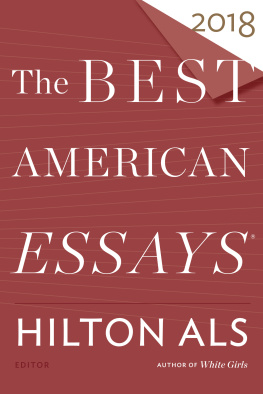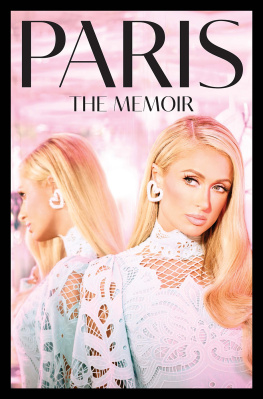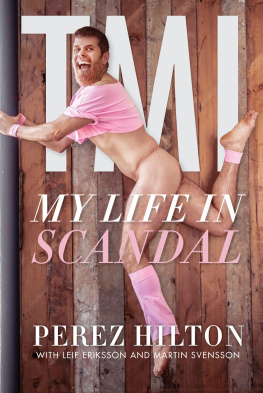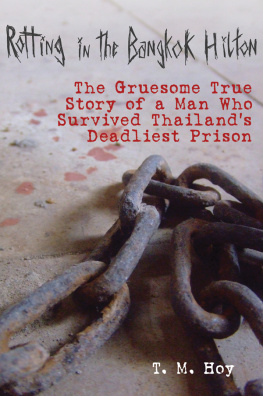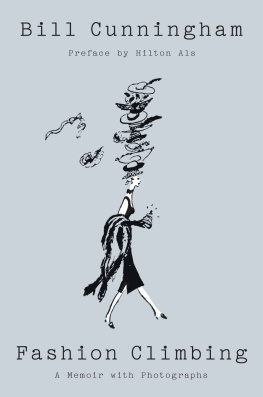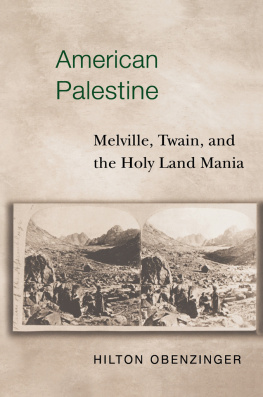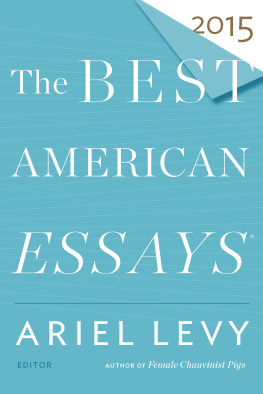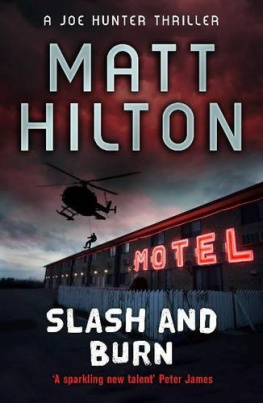Als Hilton (EDT) - The Best American Essays 2018.
Here you can read online Als Hilton (EDT) - The Best American Essays 2018. full text of the book (entire story) in english for free. Download pdf and epub, get meaning, cover and reviews about this ebook. year: 2018, publisher: Houghton Mifflin Harcourt, genre: Art. Description of the work, (preface) as well as reviews are available. Best literature library LitArk.com created for fans of good reading and offers a wide selection of genres:
Romance novel
Science fiction
Adventure
Detective
Science
History
Home and family
Prose
Art
Politics
Computer
Non-fiction
Religion
Business
Children
Humor
Choose a favorite category and find really read worthwhile books. Enjoy immersion in the world of imagination, feel the emotions of the characters or learn something new for yourself, make an fascinating discovery.
- Book:The Best American Essays 2018.
- Author:
- Publisher:Houghton Mifflin Harcourt
- Genre:
- Year:2018
- Rating:3 / 5
- Favourites:Add to favourites
- Your mark:
- 60
- 1
- 2
- 3
- 4
- 5
The Best American Essays 2018.: summary, description and annotation
We offer to read an annotation, description, summary or preface (depends on what the author of the book "The Best American Essays 2018." wrote himself). If you haven't found the necessary information about the book — write in the comments, we will try to find it.
The Best American Essays 2018. — read online for free the complete book (whole text) full work
Below is the text of the book, divided by pages. System saving the place of the last page read, allows you to conveniently read the book "The Best American Essays 2018." online for free, without having to search again every time where you left off. Put a bookmark, and you can go to the page where you finished reading at any time.
Font size:
Interval:
Bookmark:
Copyright 2018 by Houghton Mifflin Harcourt Publishing Company
Introduction copyright 2018 by Hilton Als
All rights reserved
The Best American Series and The Best American Essays are registered trademarks of Houghton Mifflin Harcourt Publishing Company.
No part of this work may be reproduced or transmitted in any form or by any means, electronic or mechanical, including photocopying and recording, or by any information storage or retrieval system without the proper written permission of the copyright owner unless such copying is expressly permitted by federal copyright law. With the exception of nonprofit transcription in Braille, Houghton Mifflin Harcourt is not authorized to grant permission for further uses of copyrighted selections reprinted in this book without the permission of their owners. Permission must be obtained from the individual copyright owners as identified herein. Address requests for permission to make copies of Houghton Mifflin Harcourt material to or to Permissions, Houghton Mifflin Harcourt Publishing Company, 3 Park Avenue, 19th Floor, New York, New York 10016.
hmhco.com
ISSN 0888-3742 (print)
ISSN 2573-3885 (e-book)
ISBN 978-0-544-81734-0 (print)
ISBN 978-0-544-81743-2 (e-book)
Cover design by Christopher Moisan Houghton Mifflin Harcourt
Als photograph Ali Smith/Redux
v1.0818
The Trick: Notes Toward a Theory of Plot by Marilyn Abildskov. First published in The Gettysburg Review, Autumn 2017. Copyright 2017 by Marilyn Abildskov. Reprinted by permission of The Gettysburg Review.
Prospects for Survival by Noam Chomsky. First published in The Massachusetts Review, Winter 2017. Copyright 2017 by Noam Chomsky. Reprinted by permission of Noam Chomsky.
Cadence by Paul Crenshaw. First published in Hotel Amerika, Winter 2017. Copyright 2017 by Paul Crenshaw. Reprinted by permission of Hotel Amerika.
All the Home Youve Got by Edwidge Danticat. First published in Freemans, April 2017. Copyright 2017 by Edwidge Danticat. Reprinted by permission of the author.
The Other Steve Harvey by Steven Harvey. First published in Michigan Quarterly Review, Winter 2017. Copyright 2017 by Steven Harvey. Reprinted by permission of Steven Harvey.
The March on Everywhere by Leslie Jamison. First published in Harpers Magazine, April 2017. Copyright 2017 by Leslie Jamison. Reprinted by permission of Leslie Jamison.
Your Friend/My Friend, Ted by Beth Uznis Johnson. First published in Southwest Review, 102/1, 2017. Copyright 2017 by Beth Uznis Johnson. Reprinted by permission of Beth Uznis Johnson.
The Art at the End of the World by Heidi Julavits. First published in TheNew York Times Magazine, July 9, 2017. Copyright 2017 by Heidi Julavits. Reprinted by permission of The Wylie Agency, LLC.
Rain Like Cotton by Jennifer Kabat, copyright 2017 by Jennifer Kabat. This essay, Rain Like Cotton by Jennifer Kabat, was commissioned by and first published in BOMB Magazine 141, Fall 2017. Bomb Magazine, New Art Publications, and its Contributors. The BOMB Digital Archive can be viewed at www.bombmagazine.org. Used by permission of Brandt & Hochman Literary Agents, Inc. All rights reserved.
Land of Darkness by Suki Kim. First published in Laphams Quarterly, Summer 2017. Copyright 2017 by Suki Kim. Reprinted by permission of Suki Kim.
Eat, Memory by David Wong Louie. First published in Harpers Magazine, August 2017. Copyright 2017 by David Wong Louie. Reprinted by permission of David Wong Louie.
Five Famous Asian War Photographs by Amit Majmudar. First published in Chicago Quarterly Review, #24, 2017. Copyright 2017 by Amit Majmudar. Reprinted by permission of the author.
Notes on Lazarus by Rick Moody. First published in Conjunctions, #69, Fall 2017. Copyright 2017 by Rick Moody. Reprinted by permission of Melanie Jackson Agency, LLC.
You Are the Phenomenology by Timothy OKeefe. First published in The Massachusetts Review, Winter 2017. Reprinted with permission from pp. 2737 of You Are the Phenomenology. Copyright 2018 by the University of Massachusetts Press.
In Search of Fear by Philippe Petit. First published in Laphams Quarterly, Summer 2017. Copyright 2017 by Philippe Petit. Reprinted by permission of Philippe Petit.
The Big Thing on His Mind by Thomas Powers. First published in The New York Review of Books, April 20, 2017. Copyright 2017 by Thomas Powers. Reprinted by permission of Thomas Powers.
Clothes That Dont Need You by David Salle. First published in The New York Review of Books, September 28, 2017. Copyright 2017 by David Salle. Reprinted by permission of The New York Review of Books.
Maybe the People Would Be the Times by Luc Sante. First published in Vice, October/November 2017. Copyright 2017 by Luc Sante. Reprinted by permission of Luc Sante.
Losing Streak by Kathryn Schulz. First published in The New Yorker, February 13/20, 2017. Copyright 2017 by Kathryn Schulz. Reprinted by permission of Kathryn Schulz.
My Fathers Cellar by John Seabrook. First published in The New Yorker, January 23, 2017. Copyright 2017 by John Seabrook. Reprinted by permission of John Seabrook.
No Direction Home: The Journey of Frantz Fanon by Adam Shatz. First published in Raritan, Fall 2017. Copyright 2017 by Adam Shatz. Reprinted by permission of Adam Shatz.
Lucky You by Sherry Simpson. First published in Harvard Review, #51. Copyright 2017 by Sherry Simpson. Reprinted by permission of Sherry Simpson.
The Moon, the World, the Dream by Clifford Thompson. First published in The Threepenny Review, Spring 2017. Copyright 2017 by Clifford Thompson. Reprinted by permission of Clifford Thompson.
Hannah Arendt in New York by Baron Wormser. First published in Solstice, Winter 2017. Copyright 2017 by Baron Wormser. Reprinted by permission of Baron Wormser.
The room had three views: At one sweep, he wrote, I command a view of my household... and see below me my garden, my farmland, my courtyard, and into most parts of my house. The house, the Chteau de Montaigne, was built in the fourteenth century and purchased in 1477 by the essayists great-grandfather, Ramon Eyquem, a prosperous fish and wine merchant who laid the foundations of the family fortune. About thirty miles east of Bordeaux, the chteau has gone through many renovations, but the famous tower remains intact, a monument to the great writer who once resided there and its fortifications a reminder of the violent religious conflicts he endured. The chteau is where Montaigne will be born in 1533, grow up with Latin as his native tongue, be paternally indulged and spared a country lifes ordinary chores. And then in 1571 at the age of thirty-eight, shortly after his fathers death and the inheritance of both the estate and a large fortune, the chteau is where he will retire from public life, construct a private library, and devote himself to study and leisurely reflection. The new lord of the manor will eventually abandon the family patronymic and assume the name of his beloved estate: Montaigne. Was ever a room, a study, a house, a piece of property, a person so closely attached to a literary genre?
Situated on the third floor of one of the chteaus stone towers, just above his bedroom, and two floors above his Catholic chapel, the library was his favorite place on earth. It had originally served as a wardrobe (une grande garderobe), which he considered the most useless room in the house and so converted it into a library when he established residence. A self-proclaimed klutz, inept at most practical endeavors, Montaigne surely had a talented carpenter construct the five semicircular shelves that housed his personal collection of some one thousand books. He also probably didnt paint the inscriptions from Greek and Latin authors on the rooms ceiling beams, some of which can still be seen. But its very likely he alone designed the interior space (including the ten-by-eight-foot adjoining study with a fireplace for colder days) of his personal kingdom where he would spend so much time alone with his precious books and fluid thoughts. Ive never visited the tower, and perhaps someday will, but in all of my reading and research Ive also never come across any information from anyone about the dimensions of this historic library, even though it has been a prominent tourist site for centuries. My only information comes from Montaigne, who writes that the diameter of his library was
Font size:
Interval:
Bookmark:
Similar books «The Best American Essays 2018.»
Look at similar books to The Best American Essays 2018.. We have selected literature similar in name and meaning in the hope of providing readers with more options to find new, interesting, not yet read works.
Discussion, reviews of the book The Best American Essays 2018. and just readers' own opinions. Leave your comments, write what you think about the work, its meaning or the main characters. Specify what exactly you liked and what you didn't like, and why you think so.

